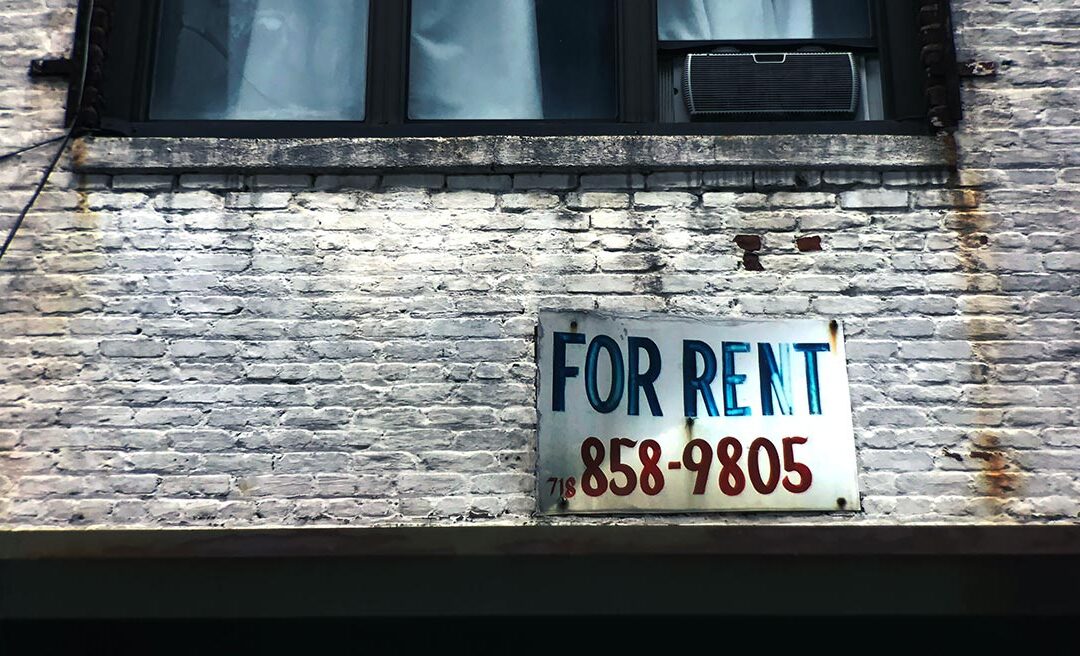Controlled Residential Leases Reform Act, 2021 (Act XXIV of 2021) has resulted in a great influx of cases being presented before the Rent Regulation Board seeking an increase in rent. The aim of this newly introduced rent law is another attempt to provide a solution to the perennial property crisis and restore the protection of one’s fundamental human right to property. This amendment applies to all landlords of property subject to a lease pre-dating 1995.
Such residential leases are invariably subject to a paltry annual rent which is very far from reality. Owners of such properties have for years felt aggrieved by the fact that they have been deprived of a fair rent for their property, leading to innumerable lawsuits before the Maltese Courts and European Court of Human Rights declaring such rent laws unconstitutional. The 2021 amendments have provided the opportunity to property-owners to file an application under article 4A of Chapter 69 or article 12B of Chapter 158 of the Laws of Malta requesting the eviction of a tenant or alternatively an increase in the rent being received and this up to 2% of the free hold market value of the property.
The Board will base its decision on what is referred to as a Means Test provided for by Subsidiary Legislation 16.11 of the Laws of Malta. This newly introduced test takes into consideration the tenant’s income and capital in order to provide the Board with a clear picture of the tenant’s financial situation. The Board will then determine whether or not such tenant satisfies the test and will ascertain whether the tenant does indeed have the “means” to rent or even purchase an alternative property rather than occupy a property belonging to a third party.
If one does not satisfy the Means Test then he or she shall have up to two (2) years to vacate the said property, however if one does satisfy the Means Test, then the Board will not opt for eviction but provide the landlords with an increase in rent, and this up to 2%.
The newly amended legislation has therefore provided a further opportunity to property owners to achieve a better return for their property by obtained an rental increase, or alternatively the possibly of regaining possession of their property. Some argue that this is still not enough as the maximum increase capped at 2% if the property value is still lower than the rent the property would attract on the free rental market. Moreover, this amendment does not provide any remedy to the injustices sustained by the landlord prior to its introduction, prompting critics to argue that it will not curb the flood of constitutional lawsuits which will continue to be filed, at the ultimate expense of the taxpayer.
For further information on leases and rent laws or any Property Law contact Dr Elena Fenech or any other member of IURIS Advocates.
